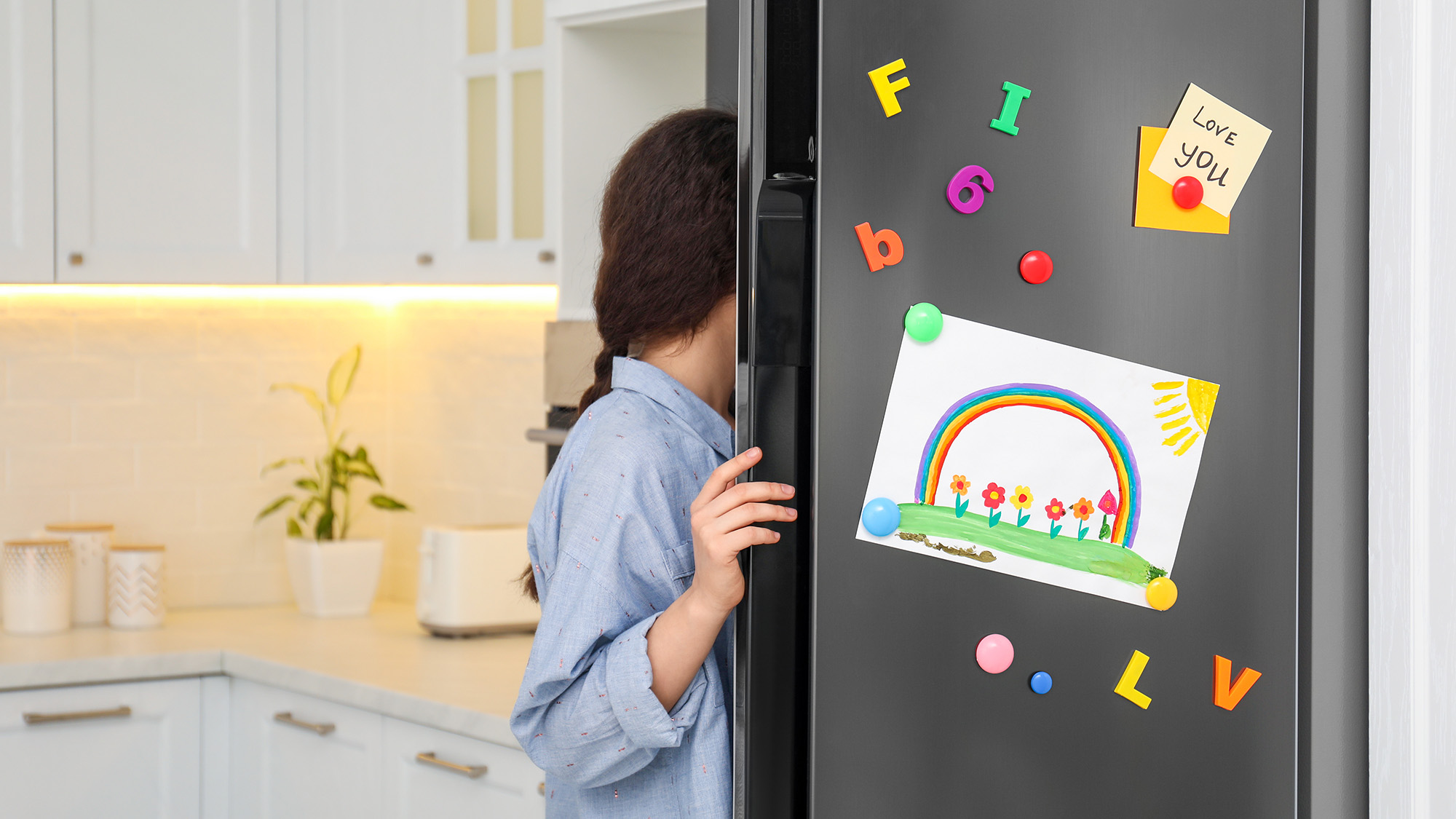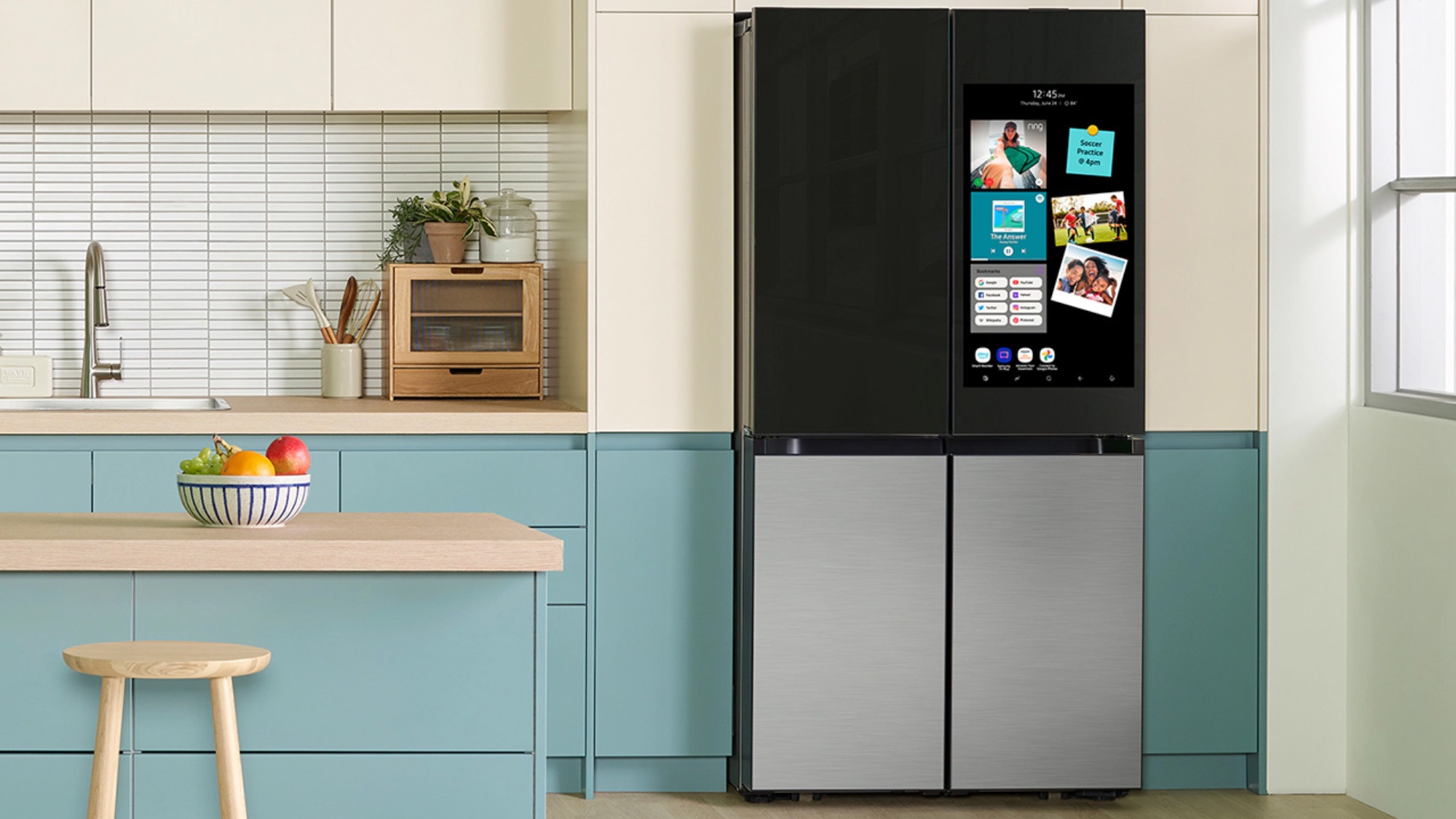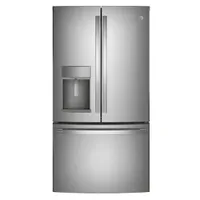Do fridge magnets increase energy bills? Experts reveal the truth about your souvenirs
Are your souvenirs impacting your refrigerator’s performance?

Here at Tom’s Guide our expert editors are committed to bringing you the best news, reviews and guides to help you stay informed and ahead of the curve!
You are now subscribed
Your newsletter sign-up was successful
Want to add more newsletters?

Daily (Mon-Sun)
Tom's Guide Daily
Sign up to get the latest updates on all of your favorite content! From cutting-edge tech news and the hottest streaming buzz to unbeatable deals on the best products and in-depth reviews, we’ve got you covered.

Weekly on Thursday
Tom's AI Guide
Be AI savvy with your weekly newsletter summing up all the biggest AI news you need to know. Plus, analysis from our AI editor and tips on how to use the latest AI tools!

Weekly on Friday
Tom's iGuide
Unlock the vast world of Apple news straight to your inbox. With coverage on everything from exciting product launches to essential software updates, this is your go-to source for the latest updates on all the best Apple content.

Weekly on Monday
Tom's Streaming Guide
Our weekly newsletter is expertly crafted to immerse you in the world of streaming. Stay updated on the latest releases and our top recommendations across your favorite streaming platforms.
Join the club
Get full access to premium articles, exclusive features and a growing list of member rewards.
For many, bringing home a fridge magnet as a vacation souvenir is a tradition. But before you know it, you’ve got a whole collection of souvenirs attached to your refrigerator.
While they provide a daily reminder of your treasured travels, I want to know whether these precious keepsakes hinder your refrigerator’s performance — or worse, increase your energy bill.
To get to the bottom of it, I reached out to Matthew Glynn, senior product marketing manager at Hisense U.K., to explain whether fridge magnets have any real impact.
Can magnets damage your fridge?

“In short, no, fridge magnets do not affect the performance or energy efficiency of your refrigerator," says Glynn. "The magnetic fields produced by standard household fridge magnets are extremely weak and pose no interference to the internal cooling system or components.”
He adds, “Feel free to display your travel souvenirs and family reminders on the fridge door, they’re harmless to the appliance’s functionality!”
“In short, no, fridge magnets do not affect the performance or energy efficiency of your refrigerator."
Matthew Glynn, senior product marketing manager at Hisense U.K.
Glynn also confirms that fridge magnets can not damage the cooling system. “For any magnetic field to interfere with the refrigeration cycle, it would need to be significantly stronger than anything found in domestic use, think industrial-grade magnets used in scientific or medical applications.”
He continues, “A refrigerator’s cooling system is a sealed circuit consisting of a compressor, condenser, evaporator, and refrigerant, none of which are affected by low-level external magnetic fields.”
Get instant access to breaking news, the hottest reviews, great deals and helpful tips.
What about smart features?

As more of us upgrade to smart refrigerators, I also wanted to ask if fridge magnets can interfere with smart features.
“For the vast majority of modern smart fridges, including those with touchscreens, sensors, and wireless connectivity (e.g. Wi-Fi and Bluetooth modules), fridge magnets are not a concern. These components are typically non-magnetic or are electromagnetically shielded, ensuring reliable performance.”
However, there is a caveat. Glynn explains that some older refrigerator models may use magnetic reed switches to detect when the door opens and closes.
“Placing a magnet directly over such a switch could potentially cause the fridge to misread the door status, for example, it may falsely register as closed when open. That said, this is uncommon in current-generation appliances.”
This GE Profile French door refrigerator is recommended as the best overall in our buying guide. It has a 18.5 cu ft. refrigerator capacity and a 9.17 cu ft. freezer capacity. It has a cubed and crushed ice dispenser, and a hands-free water dispenser, plus it's Energy Star certified.
So, what is the worst damage a fridge magnet can do?

While fridge magnets won’t impact the performance of how your fridge runs, they can cause cosmetic damage. “Over time, poorly coated magnets or those placed in the same position for long periods may cause fine scratches on the surface of the appliance, particularly on stainless steel or high-gloss finishes,” says Glynn.
In the long term, moisture can also become trapped between the magnet and the door, potentially leading to rust. To avoid this issue, Glynn recommends using high-quality magnets and regularly wiping down both the magnets and the surface behind them.
My advice?
As a home writer obsessed with a passion for decluttering — and well past the stage of having magnetic alphabet letters on the fridge — I suggest the easiest solution is to remove them to create a cleaner line in your kitchen. But then, I am a neat freak.
Follow Tom's Guide on Google News and add us as a preferred source to get our up-to-date news, analysis, and reviews in your feeds. Make sure to click the Follow button!
More from Tom's Guide
- I just upgraded to a smart fridge — here's how it's helping me save money
- How to get more out of of refrigerator: 7 tips I'll be following to make my refrigerator more efficient
- How cold should a refrigerator be? Here’s what the experts say

Camilla is the Homes Staff Writer and covers everything to do with homes and gardens. She has a wealth of editorial experience, mounting over 30 years, and covers news and features, tests products for reviews and compiles buying guides.
Her work has appeared in business and consumer titles, including Ideal Home, Real Homes, House Beautiful, Homebuilding & Renovation, and Kitchen & Bathroom Business. She’s even appeared on the cover of Your Home, writing about her own house renovation.
Although she’s obsessed with decorating her home, she also enjoys baking and trying out the latest kitchen appliances. But when she’s not inside, you’ll find her pottering about in her yard, tending to her vegetable patch or taking in her prized hydrangeas.
You must confirm your public display name before commenting
Please logout and then login again, you will then be prompted to enter your display name.
 Club Benefits
Club Benefits











